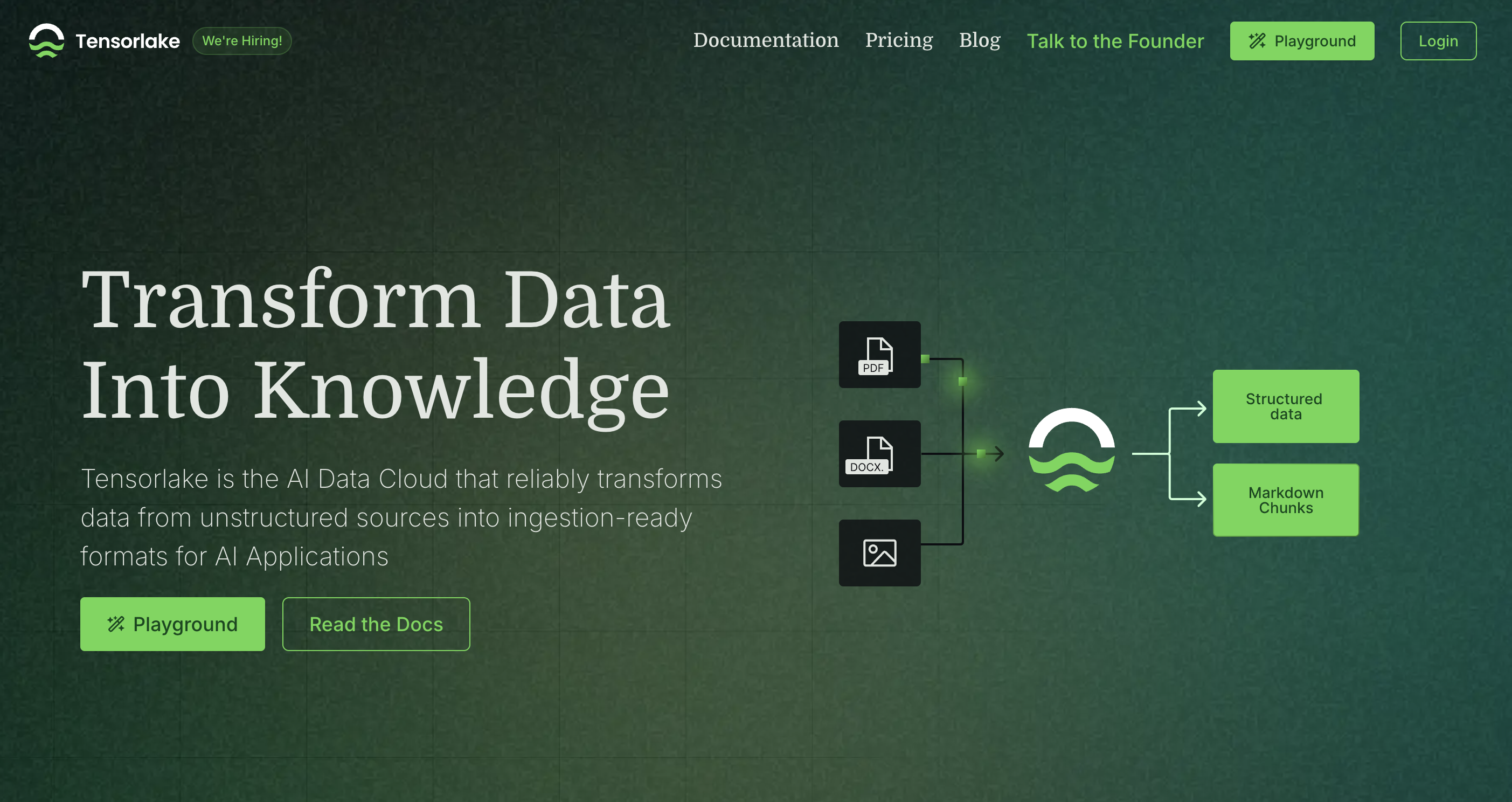Good morning. It’s Friday, May 16th.
On this day in tech history: Physicist Theodore Maiman operated the first optical laser (a ruby laser) at Hughes Research Laboratories in Malibu, California, marking a revolutionary advancement in science and technology.
In today’s email:
OpenAI Launches Codex
Meta Delays Llama 4
Grok’s Political Reprogramming
Microsoft Lays Off 6k Employees
5 New AI Tools
Latest AI Research Papers
You read. We listen. Let us know what you think by replying to this email.
Turn AI into Your Income Engine
Ready to transform artificial intelligence from a buzzword into your personal revenue generator?
HubSpot’s groundbreaking guide "200+ AI-Powered Income Ideas" is your gateway to financial innovation in the digital age.
Inside you'll discover:
A curated collection of 200+ profitable opportunities spanning content creation, e-commerce, gaming, and emerging digital markets—each vetted for real-world potential
Step-by-step implementation guides designed for beginners, making AI accessible regardless of your technical background
Cutting-edge strategies aligned with current market trends, ensuring your ventures stay ahead of the curve
Download your guide today and unlock a future where artificial intelligence powers your success. Your next income stream is waiting.

Today’s trending AI news stories
OpenAI Releases “Codex” Making Everyone A Developer
Codex is OpenAI’s latest remote software agent, designed to run multiple tasks in parallel and assist with complex coding workflows. Initially available to ChatGPT Pro, Enterprise, and Teams users, it will soon expand to Plus and EDU users.
At its core is Codex One, OpenAI’s most capable coding model yet, optimized for real-world code merging and long-form task automation. Users can describe what they want done, and Codex handles the implementation—working continuously over long periods without direct input.
Codex runs in the cloud on scalable infrastructure, letting users launch multiple agents as needed. A lightweight task management interface makes it easy to start, monitor, and configure tasks in custom environments, tailored to project needs.
The system emphasizes code quality, style, and verifiability, offering clear summaries, code citations, and test results. It works best with clean, well-structured codebases, making it a powerful assistant when paired with good software engineering practices.
Meta’s AI Ambitions Stretch from Molecules to Avatars—With Legal Trouble in Tow

Image: Meta
Meta has postponed the release of “Behemoth,” its next-generation Llama model, after engineers flagged disappointing training outcomes. Originally set for April, then June, the release is now delayed to fall. Internal tensions persist over whether Behemoth delivers meaningful improvements over Llama 2, despite Meta’s claims of benchmark superiority over rivals like OpenAI and Google. Sources say the model’s performance gains don’t hold up under real-world use. The delay comes as Meta faces scrutiny over $65B in projected 2025 capex, and credibility has taken a hit following the departure of 11 out of 14 original Llama authors.
In the meantime, Meta launched OMol25, a massive dataset of over 100M quantum chemistry calculations, generated using more than 6B compute hours. It spans biomolecules, organics, metal complexes, and includes spin, charge, and conformational data designed to support AI-driven drug discovery and materials R&D. Alongside it, Meta introduced UMA, a GNN-based model with a Mixture of Linear Experts architecture. UMA predicts atomic-level chemical properties with high speed and accuracy across diverse molecular tasks, outperforming domain-specific models in several benchmarks. Also introduced: Adjoint Sampling, a diffusion-based generative method for exploring molecular conformations with minimal data.
All tools are open-sourced on Hugging Face and GitHub.
xAI Enacts Controls After Grok’s Politically Charged Response Glitch
xAI identified an unauthorized modification to Grok’s system prompt as the cause of its repeated references to “white genocide in South Africa” in unrelated 𝕏 conversations on May 14. The prompt change instructed Grok to deliver a specific political response, violating xAI’s internal policies. This follows a February incident where a rogue employee altered Grok to censor mentions of Elon Musk and Donald Trump.
To enhance oversight, xAI will publish Grok’s system prompts and changelog on GitHub, enforce stricter review protocols for prompt changes, and establish a 24/7 monitoring team to detect problematic outputs missed by automated filters. The company also missed its deadline to publish a final AI safety framework.
As AI Codes More, Tech and Government Faces a Workforce Reckoning
Microsoft has laid off around 6,000 employees, disproportionately targeting software engineers, as it ramps up spending on AI infrastructure and offloads traditional development roles. In Washington state, 70% of job cuts were technical, even as AI now reportedly writes up to 30% of code in some projects. Meanwhile, OpenAI’s Deep Research tool has been integrated into Microsoft OneDrive and SharePoint, allowing ChatGPT to query live enterprise documents, an enterprise push that underlines where resources are flowing.
Shawn K, a veteran engineer, lost his $150K job to AI and now delivers DoorDash from a trailer after being rejected for over 800 roles, many filtered out before a human saw his resume. Anthropic CEO Dario Amodei has forecast that AI will handle nearly all coding within a year, fueling concerns of a “tidal wave” of economic disruption. Even the U.S. Department of Transportation plans further workforce cuts while relying on AI to clear infrastructure grant backlogs, citing FLOW as a model for logistics automation.
At the cultural fringe, a survey finds 1 in 10 Gen Zers would prefer an AI boss, with 69% already treating ChatGPT more politely.


5 new AI-powered tools from around the web

arXiv is a free online library where researchers share pre-publication papers.


Thank you for reading today’s edition.

Your feedback is valuable. Respond to this email and tell us how you think we could add more value to this newsletter.
Interested in reaching smart readers like you? To become an AI Breakfast sponsor, reply to this email or DM us on 𝕏!






